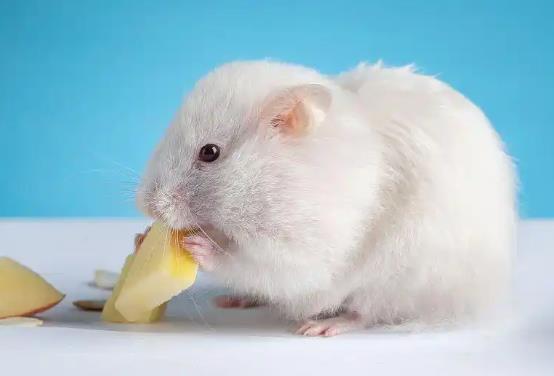The main reasons for a hamster's weight loss include the following:
Natural Aging: As the hamster ages, its gastrointestinal function gradually deteriorates, leading to a decrease in the ability to absorb nutrients, and its body gradually becomes thinner. In addition, elderly hamsters may also show symptoms such as a hunched back, hair loss, decreased appetite, and excessive sleepiness.

Illness: If a hamster suffers from certain wasting diseases, such as diabetes, liver and kidney diseases, etc., it will lead to weight loss. Moreover, when a hamster is sick, it may have a poor appetite, a sudden drop in weight, and may even be accompanied by symptoms such as abnormal breathing and slow movement.
Malnutrition: If a hamster's diet is unbalanced and lacks nutrients, or if its gastrointestinal tract is not in good condition and unable to absorb nutrients, it will also cause weight loss. Picky-eating hamsters are more likely to experience malnutrition.
Environmental Changes: Changes in environmental temperature, such as a sudden drop in temperature, may affect a hamster's appetite. In addition, frequently changing the bedding, water, and food may also make the hamster feel uncomfortable, thus affecting its appetite and living habits.
Estrus Period: Female hamsters may lose weight due to a poor appetite during the estrus period.
Countermeasures:
Adjust the Diet: Select foods that are easy to digest and absorb for elderly hamsters to ensure a balanced diet. For picky-eating hamsters, you can try to provide a variety of foods to ensure a balanced intake of nutrients.
Seek Medical Attention Promptly: Once any abnormal symptoms are found in a hamster, it should be taken to a doctor in a timely manner to avoid delaying the illness.
Maintain Environmental Stability: Try to keep the hamster's living environment stable. Avoid frequently changing the bedding, water, and food, etc., to ensure that they have a comfortable living environment.
